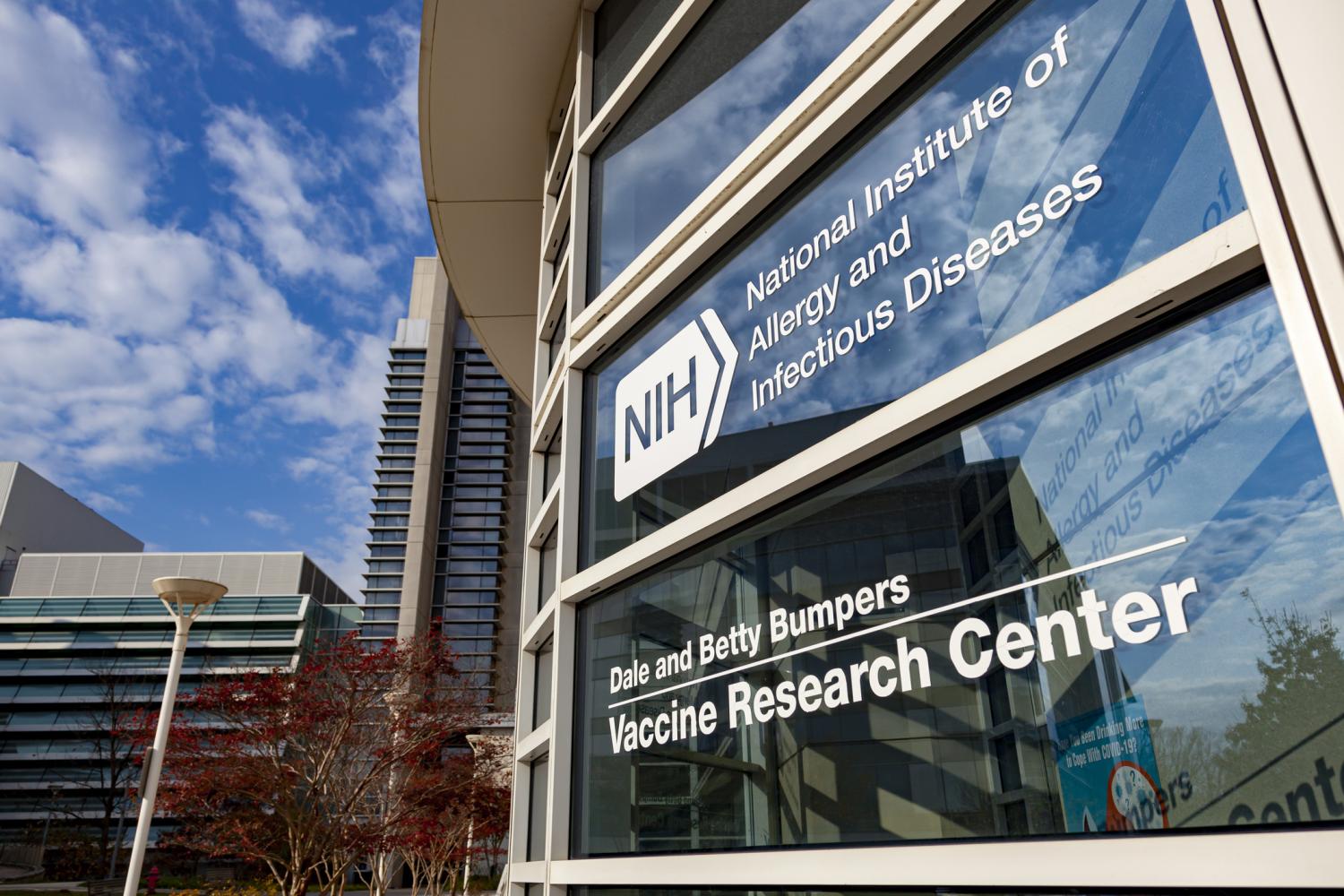An analysis published this week in JAMA Internal Medicine finds that recent terminations of National Institutes of Health (NIH) research grants abruptly disrupted 383 active clinical trials affecting more than 74,000 enrolled participants—raising concerns about scientific waste, data integrity, and participant safety.
The cross-sectional study, led by researchers at Harvard Medical School, examined all NIH-funded interventional trials active between February 28, 2025, when the first wave of grant cancellations was reported, and August 15, 2025. Of 11,008 ongoing trials, 3.5% lost funding during this time.
The affected studies spanned multiple stages: 36% had completed data collection, while more than one-third were actively recruiting. Notably, 43 trials were "active, not recruiting," meaning that participants may have been receiving interventions at the time funding was withdrawn.
Trials focused on infectious diseases saw the highest proportion of terminations (14.4%), followed by prevention-focused studies (8.4%) and those involving behavioral interventions (5%). International trials were also disproportionately affected.
Terminations unethical, may harm participants
Unanticipated funding disruptions can jeopardize follow-up, undermine data quality, and leave researchers unable to complete analyses, warn the authors.
In an accompanying commentary, Teva D. Brender, MD, of the University of California, and Cary P. Gross, MD, of Yale School of Medicine, who weren't involved in the study, argue that terminating funding for reasons unrelated to safety or efficacy is an ethical breach. The abrupt terminations violate principles of informed consent and pose real dangers. "Participants who have been exposed to an intervention in the context of a trial may be harmed by its premature withdrawal or inadequate follow-up and monitoring for adverse effects," they write.
Participants who have been exposed to an intervention in the context of a trial may be harmed by its premature withdrawal or inadequate follow-up and monitoring for adverse effects.
The terminations may also rob participants of something harder to quantify but no less important: hope. "For some participants, enrolling in a trial was a source of hope, in situations when other treatment options were inadequate," they write. "For some, participating in the study was a part of their legacy, a way they hoped to contribute to humankind, which will now be denied."
Although some grants have since been reinstated, the commentators emphasize that reversals can mitigate, but not undo, the scientific and ethical harms. The widespread disruptions pose "unacceptable and unethical risks to patients," they conclude.
The researchers of the study urge continued monitoring to understand how these terminations will affect future trials, study design, and data integrity.



















